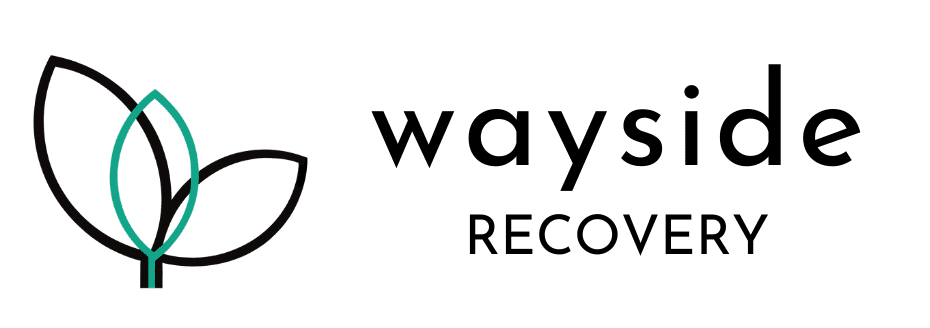
Addiction can run in families, but so can recovery.
If you have a loved one living with a substance use disorder, you may wonder how you can help. It is not easy to help someone with a substance use disorder, but your support will impact the success of your loved one‘s long-term recovery.
It’s important that you expect difficulties when trying to help someone you care about who has a substance use disorder. Your loved one may not agree that they’re living with an addiction or may not want to change their ways. Their fear of consequences or embarrassment may be greater than receiving treatment.
Supporting a loved one is not about persuading them to change their behavior but, helping them make impactful changes in the long-term.
There are a few different types of treatment options available that can be effective. When discussing treatment options, give them the space to find the best treatment option that aligns with their needs.
A few options include:
- Residential Treatment
- Outpatient Treatment
- Support Groups
- Online Therapy
Wayside has worked diligently over six decades to develop and sustain the expertise required to address the unique needs of women and families. While other facilities may help women address either their chemical health or their mental health, we believe that addressing both at once is the best path to long-term recovery.
Mindful Ways To Address Your Loved One’s Addiction
It is known that a person’s recovery success comes from family involvement and other social support circles. Forming strong relationships and understanding healthy family dynamics is key to long-term recovery.
Voicing your concern with a loved one’s substance use disorder can be challenging. However, when you begin to speak of your concerns, remember to be guided with compassion and trust. Listen to their perspective to avoid the idea of control. Expressing this matter can be exhausting for both you and your loved one. Stay away from yelling, criticizing, and/or lecturing your loved one during a delicate time of discussing their addiction.
Stating the troubles that your loved one’s addiction may have caused can seem like the solution. However, the decision to change is their own. Your loved one is much more open to change when you communicate honestly and with compassion. Addiction can happen to anyone, but with the right treatment plan and family support, addiction can be overcome.
Fortunately, like many other diseases, addiction is treatable, and prevention and treatment efforts are successful.
Next Steps You Can Take and How Wayside Can Help
To explore whether someone you care about may have an addiction, you can take our anonymous, confidential assessment online. It cannot give you a diagnosis, but it can help guide your loved one towards professional addiction and mental health services.
Wayside Recovery Center is shaping change around understanding addiction and what treatment looks like. As a result, Wayside has become a federally Certified Community Behavioral Health Clinic to address whole health concerns that are more affordable and accessible. With this transformation, the treatment of addiction will be done from a holistic standpoint. Things like family therapy, trauma-informed care, and medical care are centered on long-term recovery.
Take our short online assessment to determine from your loved one needs our support
